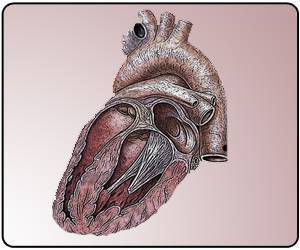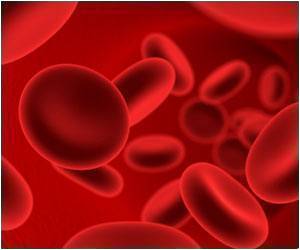Patients with certain genes or specific factors related to use of the anti-clotting drug clopidogrel are more likely to experience a blood clot within a coronary stent shortly

Guillaume Cayla, M.D., Ph.D., of the Pitie-Salpetriere Hospital, Paris, and colleagues conducted an analysis of clinical and genetic factors associated with definite early stent thrombosis. The study, conducted in 10 centers in France between January 2007 and May 2010, included 123 patients undergoing PCI who had definite early stent thrombosis (within 30 days of stent implantation) and DNA samples available, matched on age and sex with 246 stent thrombosis-free controls. The primary outcome measured was the accuracy of prediction of early stent thrombosis with 23 genetic variants.
Multivariable analyses were performed to identify which clinical, angiographic, and genetic variables were independently associated with the occurrence of early stent thrombosis. Among the 23 genetic variants investigated in 15 different genes, the researchers found that 3 genotypes related to clopidogrel metabolism and platelet function (CYP2C19, ABCB1, and ITGB3) were an independent risk factor for early stent thrombosis. The authors also identified 2 potentially modifiable factors of early stent thrombosis: clopidogrel loading dose and clopidogrel interaction with proton pump inhibitors. Patients in the highest tertile (one of three groups) of risk using a combined clinical and genetic model had a 7-fold increased risk of early stent thrombosis vs. patients in the lowest tertile.
"Our study adds to the understanding of the genetic profile of patients treated with clopidogrel who are at risk of early stent thrombosis," the researchers write.
"Combining genetic factors with clinical factors improved risk stratification for stent thrombosis. Whether treatment adjustment on the basis of such global risk stratification can improve the prognosis of patients undergoing PCI will require future validation in independent cohorts."
Advertisement














